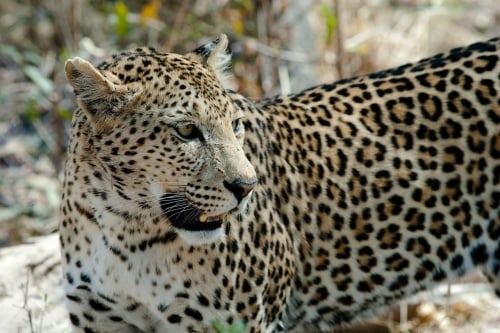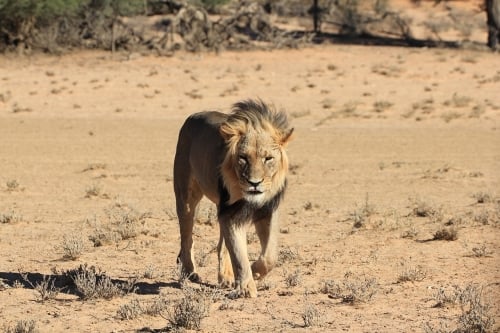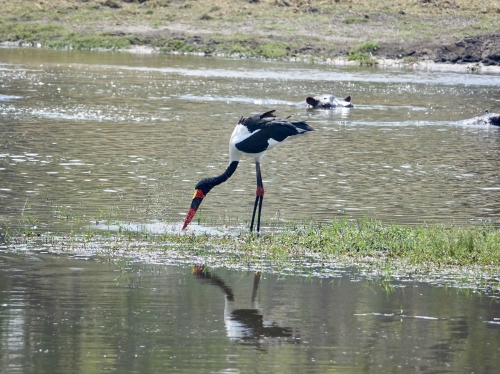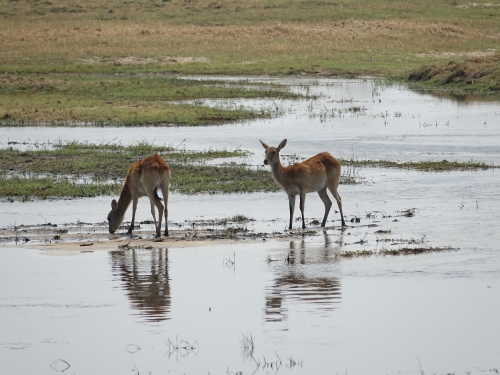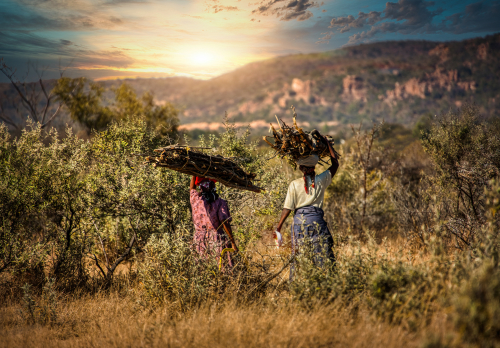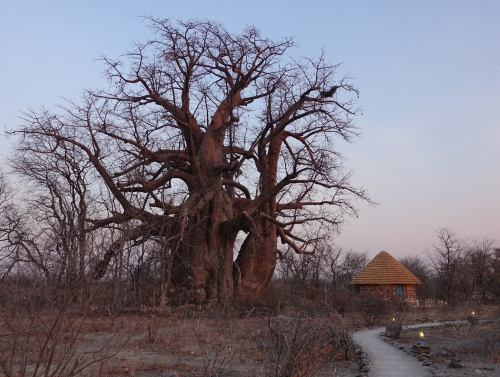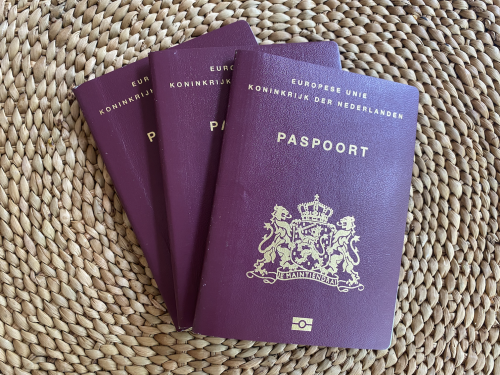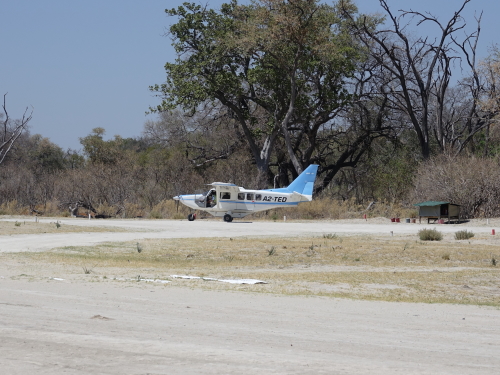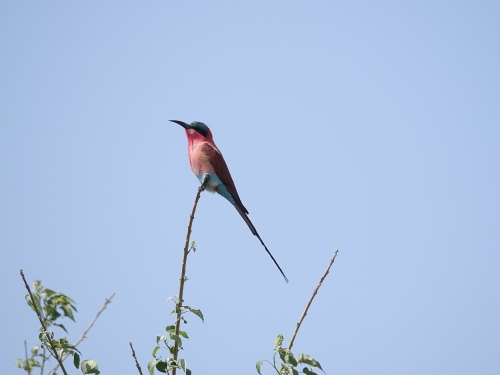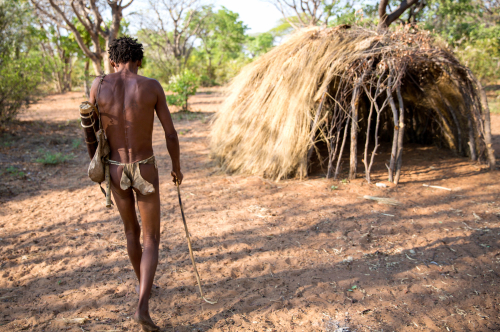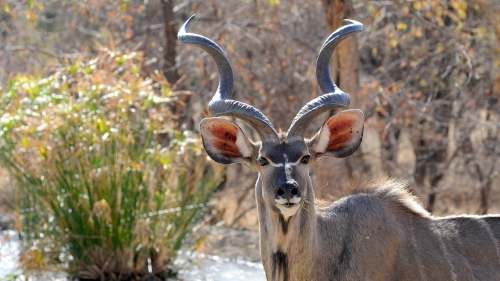Botswana Africa
From the swampy and green Okavango Delta, to the dry and desolate Central Kalahari Desert.
What does Botswana have to offer?
Botswana Africa
- Area: 581,730 km²
- Population: about 2,3 million inhabitants
- Capital: Gaborone
- Religion: Christian (50%), local religions (50%)
- Language: English (and many local languages)
- Currency: Botswana Pula (BWP)
Facts and figures
- Time zone: Botswana Standard Time is 2 hours ahead of Greenwich Mean Time (GMT+2) and is in the Central Africa Time zone
- Average temperature: between 20 and 25 degrees Celsius
- Nearly 40% of Botswana is national parks and wildlife reserves
- World’s largest concentration of African elephants in Botswana
- Botswana is also home to the world's largest inland delta, the Okavango Delta, which can be seen from outer space.
Do you want to know more about Botswana?
Botswana's climate
How to dress in Botswana
Are you interested in your travel options in Botswana?
The people of Botswana
Botswana has a population of 2.3 million (2019). Botswana is one of the world’s most most sparsely populated countries in the world with a population density of just 4 people per square kilometer. The population of Botswana is composed of mainly the Tswana (79%), an ethnical group who speak Tswana, a Bantu language. This population is divided into eight main subgroups. There are also small numbers of Kalanga (11%), Basarwa (3%), Kgalagadi and a relatively small number of Caucasians. Even though English is the official language, the local Tswana language is commonly used.
Safety in Botswana
Passport
No Visa, welcome to Botswana!
You do not need to apply for a visa for Botswana for a visit of less than 90 days. However, in either case ensure that you have:
- A passport with validity of minimum 6 months
- A proof of owning sufficient financial resources
- A proof for the first destination after arrival
- A proof of a return ticket or to the next destination after your holiday
- An original unabridged birth certificate when travelling with children under the age of 18
Let's talk money
The local currency is the Botswana Pula (BWP). For your daily expenses it is easy to have a wallet with smaller bills and keep the rest of your cash separated and out of sight. Especially when you spend several days in more remote areas, like wild parks, ensure you have enough cash on you. Furthermore, it is recommended to take a ‘mix’ of means for payment, including cash, a world card and a credit card (VISA or MasterCard). There are always cases in which you cannot pay with your normal debit card. E.g. you need a credit card to rent your car. Also, we recommend having American Dollars with you for emergencies, which you will also need when crossing borders.
There are plenty of ATMs in the larger destinations of Botswana. Do not forget to change the security settings of your bankcards to ‘Worldwide’ if necessary.
Welcome to Botswana. Do you need more advice?
Vaccinations for Botswana
For vaccination services, you can go to the Regional Health Service or the tropical medicine clinic of a hospital. The following vaccinations are recommended for travellers going to Botswana: hepatitis A and a combined tetanus, diphtheria and inactivated polio vaccine (Td/IPV or DTP). When coming from a yellow fever area, a yellow fever vaccination is also compulsory.
Malaria does occurs in Botswana. Ask your local health services for the most updated advice and preventative care.
Travel insurance
Travel insurance is the traveller’s own responsibility. We recommend that you take out travel insurance in your home country that will cover, for instance, loss, damage or theft of luggage, money and other valuables, medical expenses, repatriation expenses, et cetera. Consider also any additional cover you may need, such as for extreme, specialist or high-risk sports (scuba diving, canoeing, mountain biking, et cetera).
Makasa accepts no liability whatsoever in connection with any such activities. Ensure that you are well prepared to have a secure journey. The chance that something happens to you before or during the trip is small, but it is important to get the right insurance. It can save you costs and a lot of trouble.

